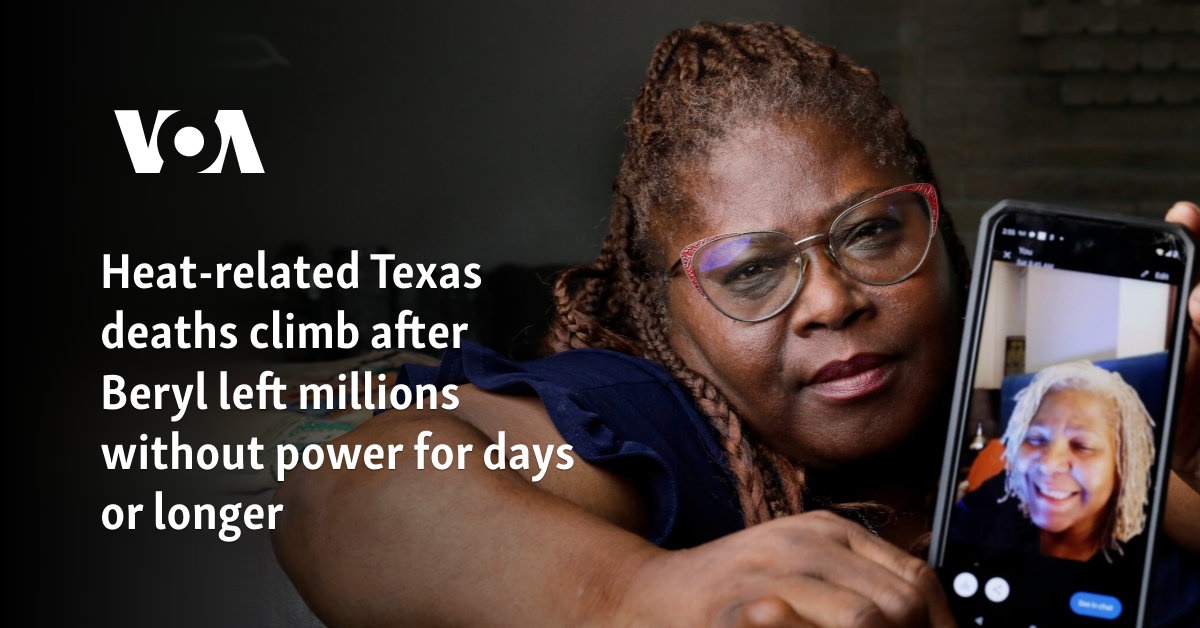Meanwhile, politicians galore will recite the findings of the same few scientists that it’s not the heat that’s the problem - cold is the true killer.
It’s OK, climate change will make both extremes worse 🙃
Theres a picture in the article, and it’s terrifying. Maybe stop stringing powerlines along rickety wooden poles? That’s something I’d expect in a random southeast Asian village, not a first world country.
Burying thousands of miles of utility lines is prohibitively expensive. In some places, like parts of Florida, you can’t bury anything because you’ll immediately be underwater.
And if that’s what a southeast Asian village looks like in your mind, maybe look up what they actually look like: https://mascontext.com/observations/sgn-on-the-utility-poles-of-ho-chi-minh-city
In some places, like parts of Florida, you can’t bury anything because you’ll immediately be underwater.
Greeting from the Netherlands, currently 5 meters below sealevel and all our powerlines except for (some of) the main network ones are underground, many of them sitting pretty below groundwater level. That’s actually a bonus, because it helps keep them cool. If they’re above groundwater level, you need to make sure they can lose their heat by using specially graded sand.
if that’s what a southeast Asian village looks like in your mind
You managed to pick a site that has the worst poles in the largest city. Many streets look like this: https://maps.app.goo.gl/7oUxKAx5hqX3kwNF7
My gut tells me it’s definitely an economic factor. I think it’s because the netherlands has towns that are close together, so burying 1 km of electrical cable could potentially serve more people. In texas, possibly, a km of electrical cable will go from the road to someone’s house
It’s in the numbers too. The netherlands, as a whole, has a population density of 424/km2. Texas has about 1/10th that, at 42.9/km2.


